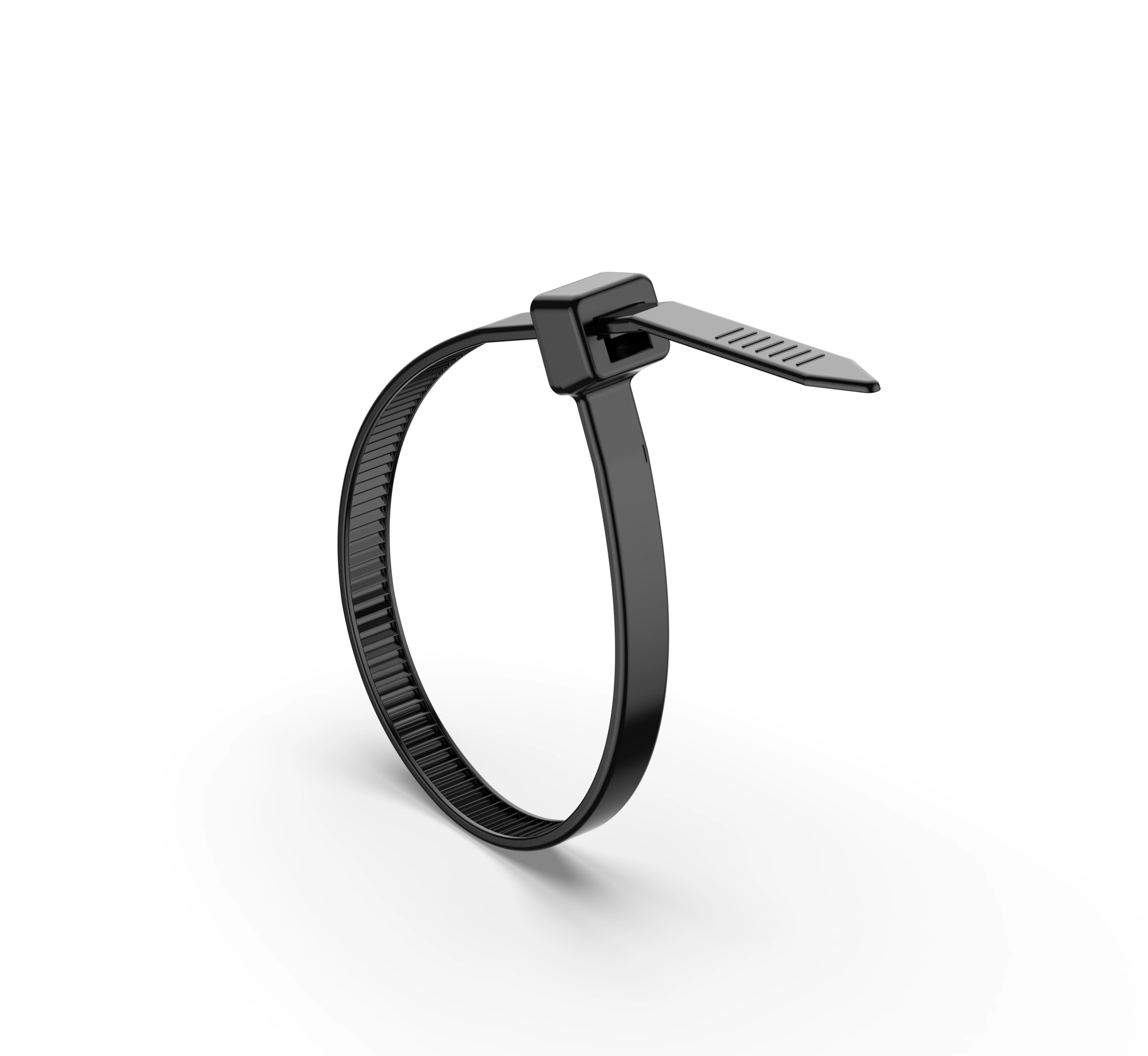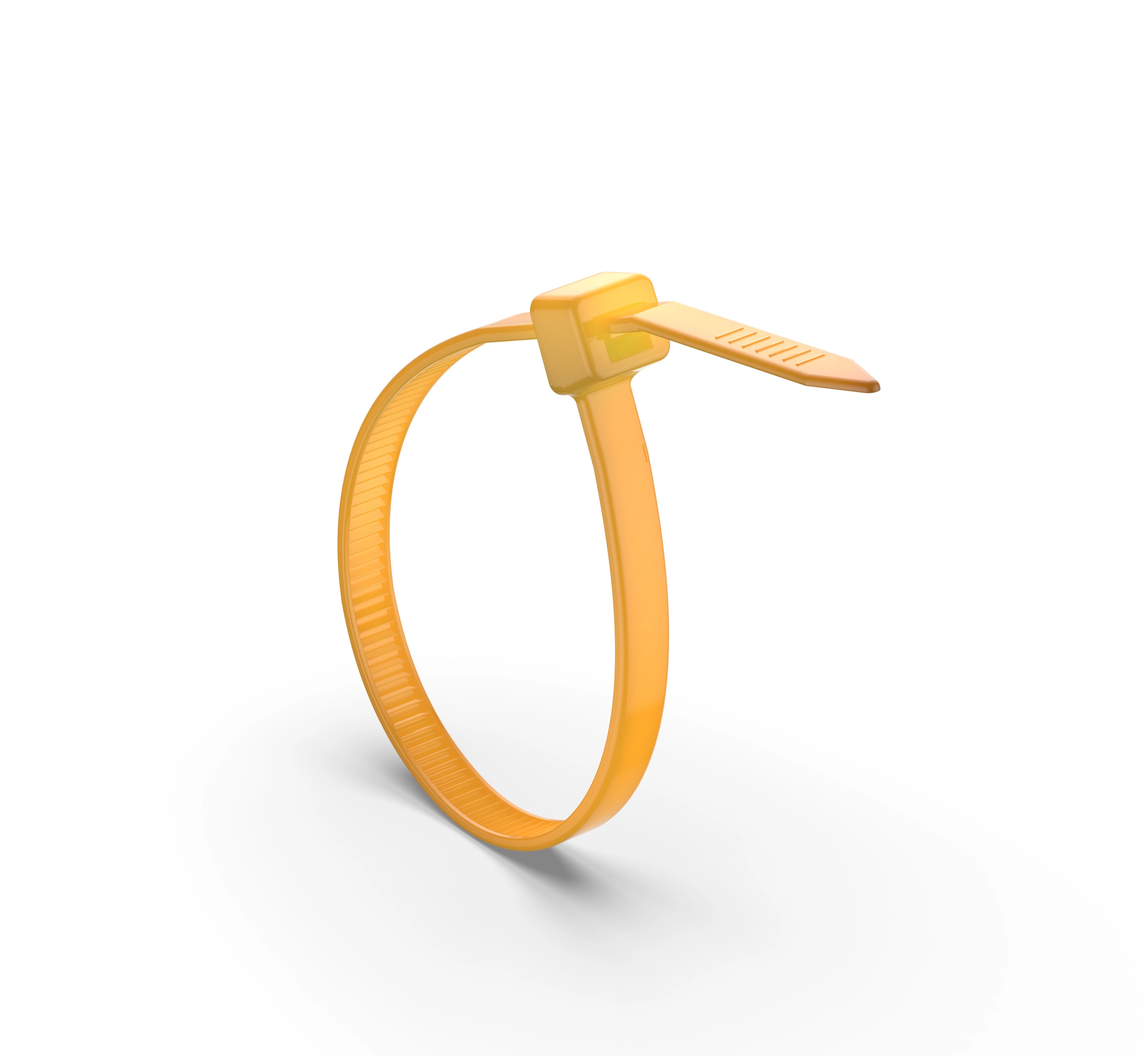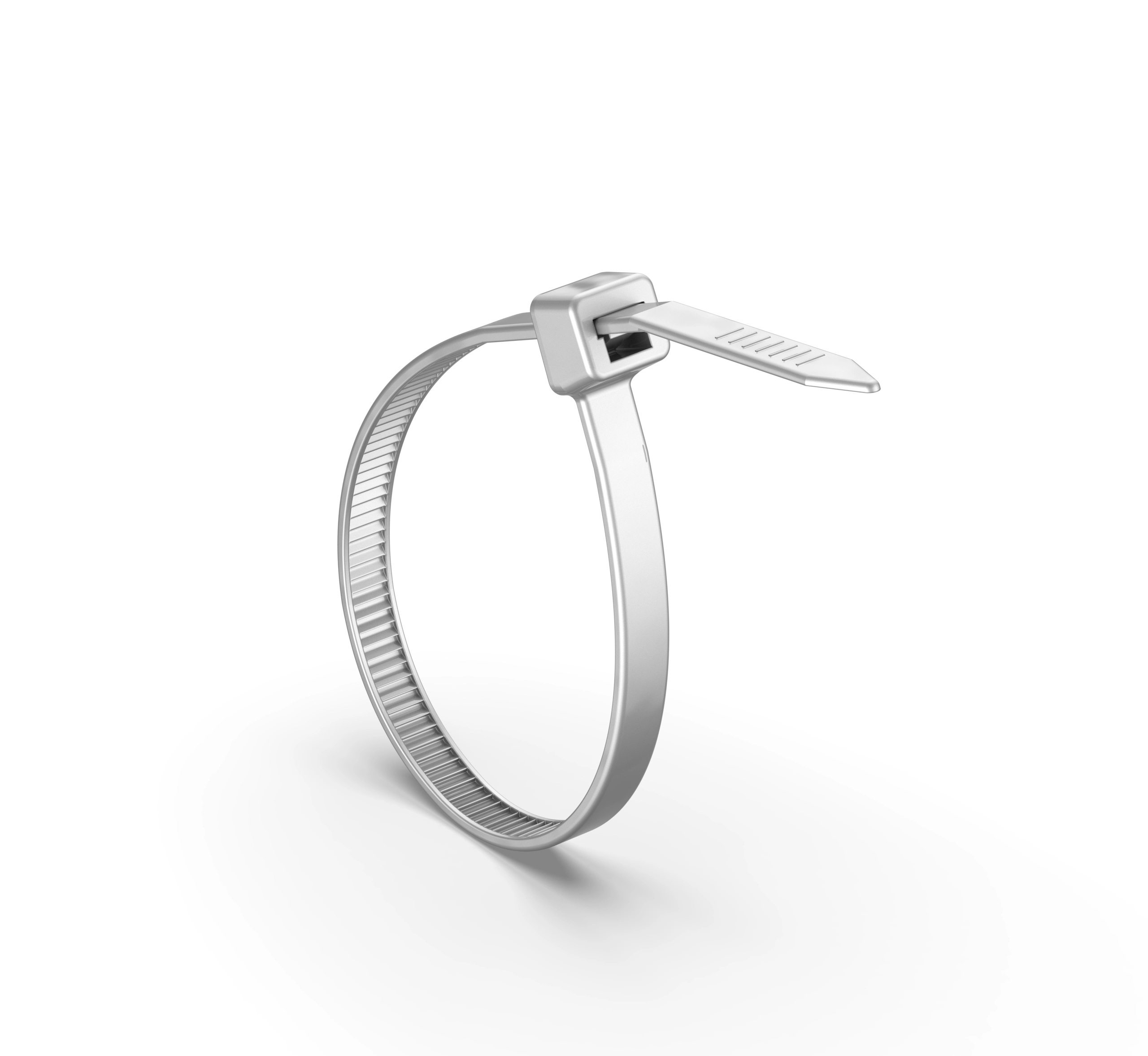Tel
0577-62795555
Tel
0577-62795555
Since nylon plastic cable ties were invented in 1958, they have become increasingly popular to the point where they are one of the most common consumables in the world. The product, originally designed for organizing aircraft wiring, has now become one of the most popular products in the world.
Plastic cable ties manufacturers produce a variety of nylon plastic cable ties, which are a type of synthetic polymer made of polyamide. These ties are crafted from thermoplastic material that can be blended with other chemicals to achieve the desired properties. Each variant is meticulously designed to meet specific needs, offering an ergonomic, durable, and easy-to-use solution for cable management. Before entering into the commercial and industrial applications of nylon plastic cable ties, let's review the three main types:
Natural cable ties are usually made of nylon 66. These standard ties are suitable for general purpose applications because they are resistant to chemicals and oils, meet specific flame-resistant requirements, and can be adjusted manually. High-temperature cable ties are made of nylon 4/6. UV-resistant cable ties (black cable ties) are designed specifically for outdoor applications. Like standard cable ties, they can resist oils, greases, and different environmental contaminants. They are made of nylon 12 material and are suitable for applications that require higher tensile strength. Stainless steel cable tie wraps provide a higher level of protection against environmental factors. They are suitable for indoor, outdoor, and even underground applications, where the risks of corrosion and premature decomposition are higher.
Pollution detection: Strong demand to increase food and beverage production has forced manufacturers to simplify their processes. They must invest in tools and equipment to speed up production, packaging, and quality control in order to join the global competition as well as enforce stricter regulations on food safety. Cable ties are used to prevent contamination throughout the process as they can be detected by X-ray equipment and metal detectors. Blue is a common color choice since it typically does not occur on food and can therefore be identified during visual inspection. Nylon plastic cable ties used in food processing contain additives that increase their density and magnetism. Cable ties are also used in the pharmaceutical industry near the manufacturing process areas. These ties can secure cables and fittings around machine components in the HACCP process. Even small cuts that fall onto the products can easily be detected by standard inspection equipment.
Submersible pump installation: Nylon plastic cable ties can effectively secure the riser cable between the pump cable covers. Using pneumatic tools, the ties can be adjusted to provide the pressure required for the application.
Related Cable Tie Articles



